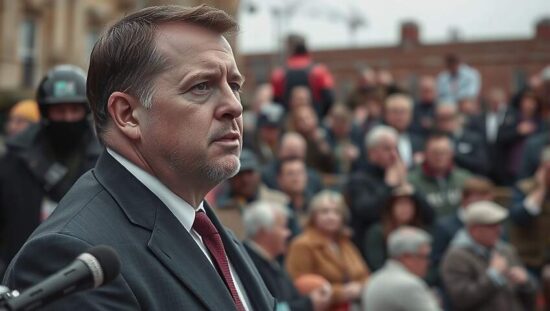German Foreign Minister Johann Wadephul of the Christian Democratic Union (CDU) has voiced increasing concern over the recurrent flare-ups of violence in the Gaza Strip, signaling a delicate balancing act in Berlin’s approach to the ongoing conflict. Addressing the situation ahead of a planned trip to Jordan, Lebanon and Bahrain, Wadephul emphasized the urgent need for Hamas to fulfill its obligations under the initial phase of a proposed agreement, specifically demanding the laying down of weapons and the immediate return of the remains of deceased hostages.
However, the statement also included a clear appeal to Israel, urging restraint in its military actions to avert further humanitarian suffering. This dual messaging highlights the complexity of Germany’s position – firmly condemning Hamas’ actions while simultaneously pressing for de-escalation from its key ally.
Wadephul pointed to a 20-point plan as a potential pathway to break the cycle of war and destruction, reiterating Germany’s commitment to active participation in its implementation. Crucially, this commitment includes supporting the U.S.-led Civil Military Coordination Centre (CMCC), with German diplomats from the Foreign Office scheduled to deploy to the region this week. Critics are likely to scrutinize the effectiveness of the CMCC, questioning its ability to genuinely influence the actions of involved parties and whether it risks further entrenching the existing power dynamics.
The upcoming trip aims to facilitate discussions with regional partners on concrete steps Germany can take to offer support. Wadephul lauded Jordan’s crucial role as a facilitator and a vital logistical hub for humanitarian aid to Gaza, acknowledging the nation’s significant efforts to provide sustenance and support even during the most dire circumstances. Germany’s continued support for Jordan is intended to bolster its capacity to address the ongoing crisis.
Beyond Gaza, Wadephul addressed the situation in Lebanon, noting the recently resolved political deadlock in Beirut following the election of a president. However, he emphasized that the Lebanese economy remains critically dependent on sweeping reforms and robust cooperation with the International Monetary Fund to revitalize the stagnant financial sector. The call for IMF cooperation underscores a pragmatic and potentially uncomfortable, message to the Lebanese government, linking economic recovery with politically sensitive restructuring. Analysts suggest that while acknowledging a positive step, Wadephul’s statement implicitly cautions against complacency and underscores the significant hurdles still facing Lebanon’s political and economic stability.





